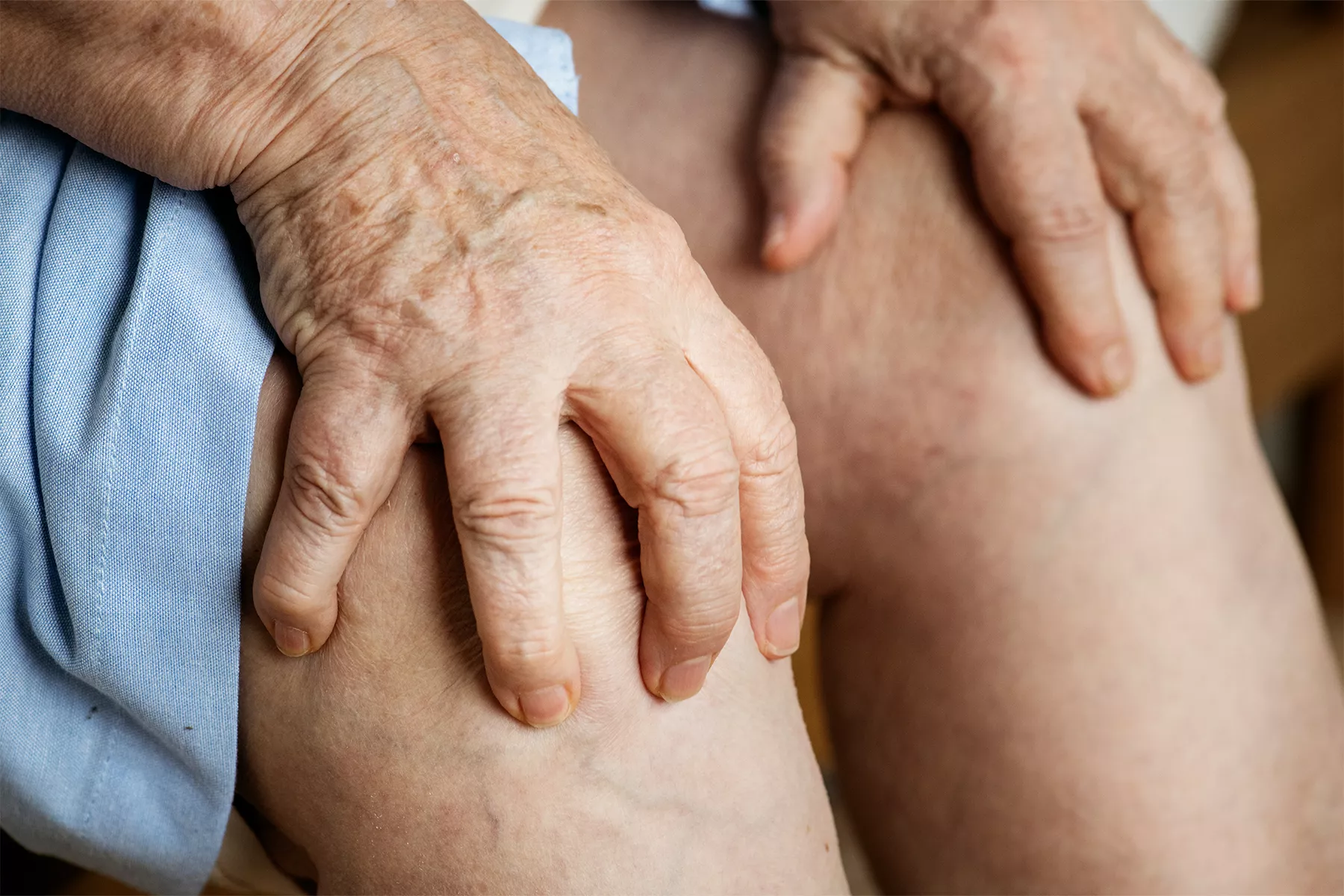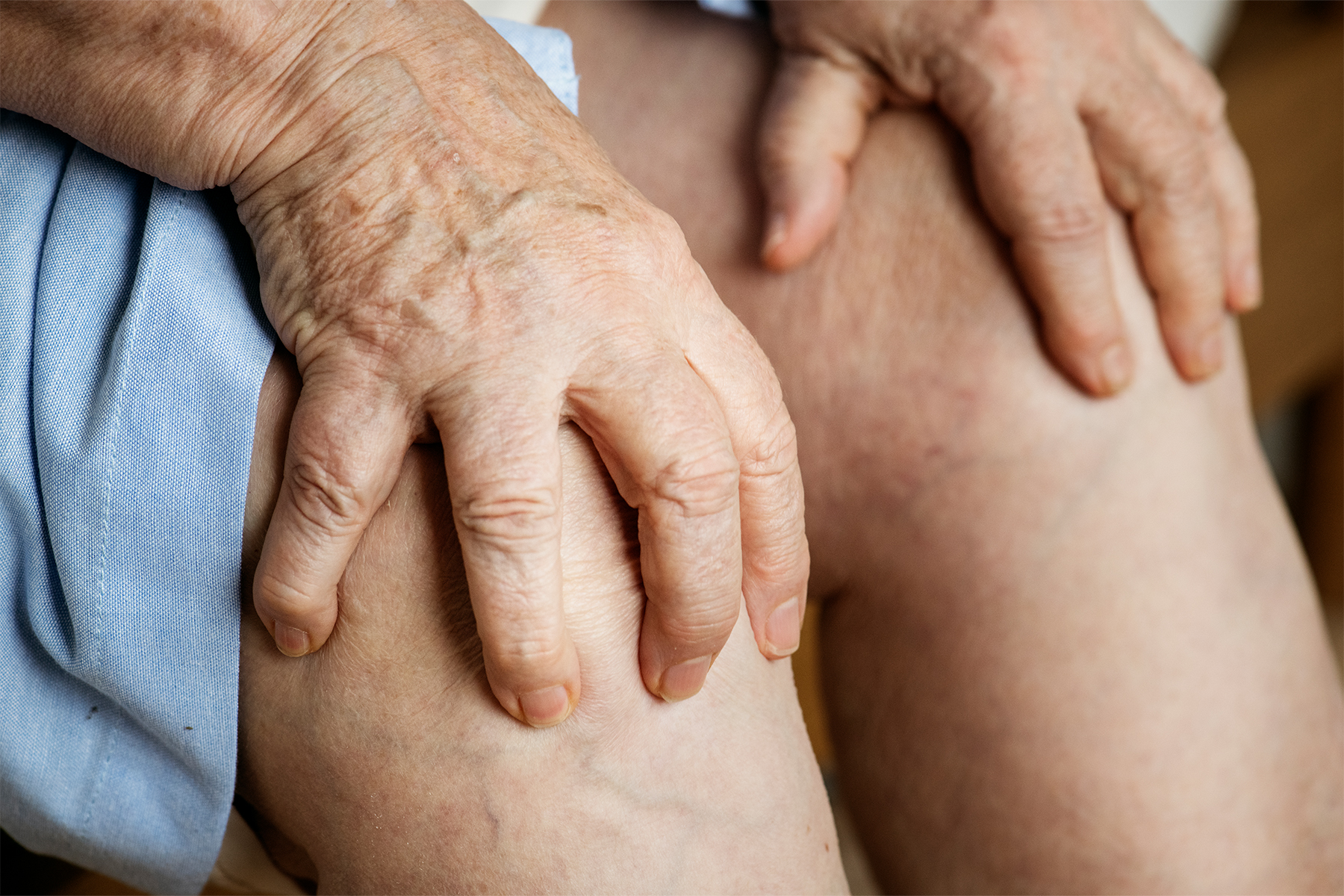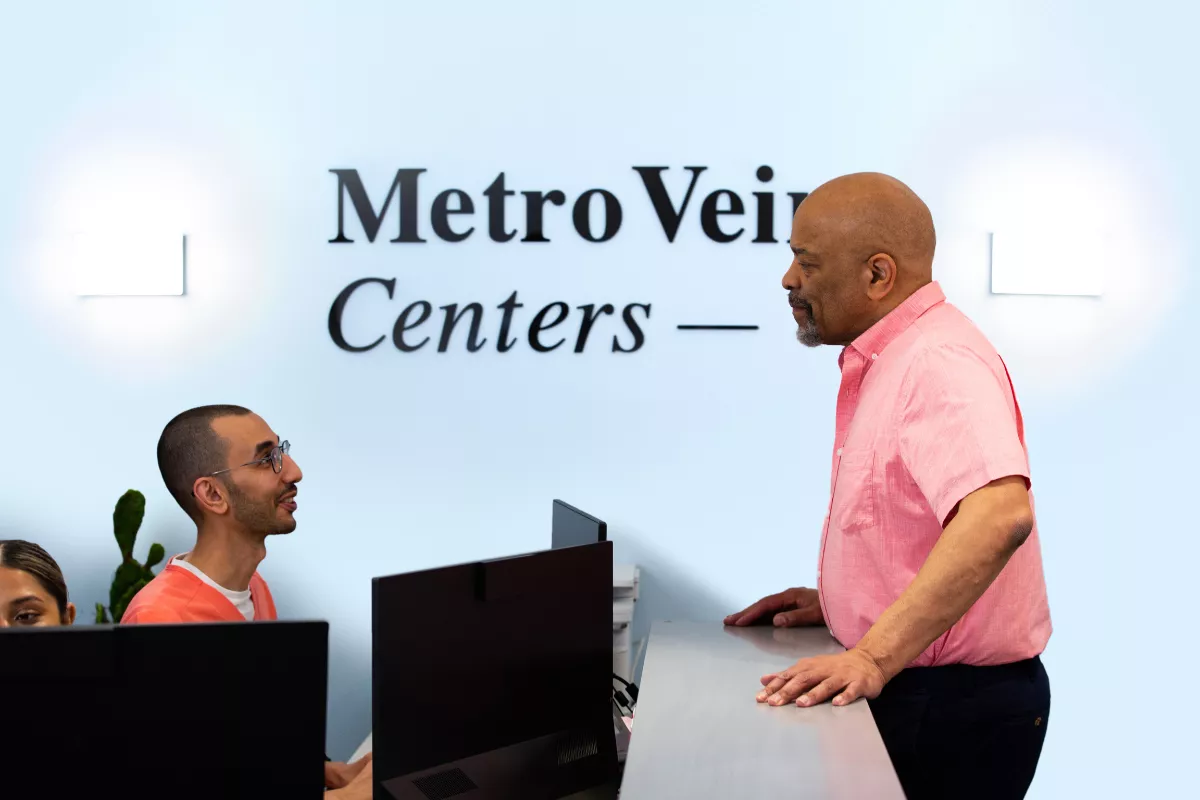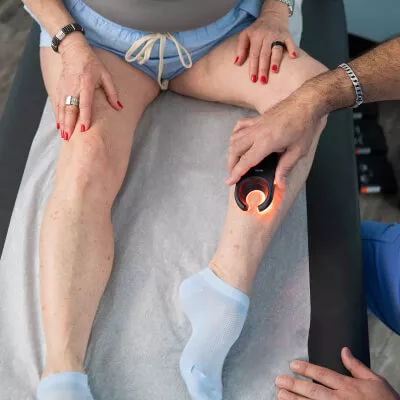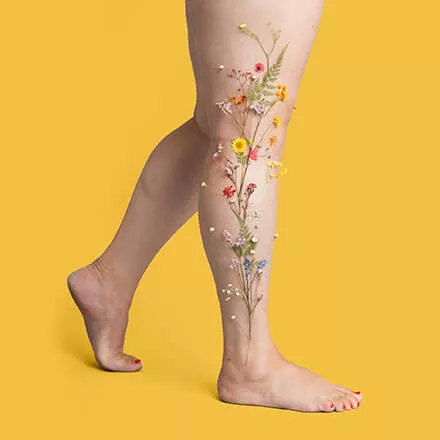Maintaining leg vein health is an important aspect of wellness as we age, as it directly impacts our mobility, comfort, and overall quality of life. As we get older, our vascular system starts to undergo changes that can lead to age-related vein changes. Research shows that being over the age of 50 raises your risk of vein conditions such as chronic venous insufficiency and varicose veins. This guide will provide expert tips and insights to help you maintain your leg vein health effectively as you become a senior.
Age-Related Vascular Changes
Our vascular system undergoes natural changes as we age, which can impact vein health. Understanding these changes is a great first step for proactively caring for your legs and veins. Some of these changes include:
- Vein Wall Weakening: Vein walls lose elasticity, becoming thinner and more prone to damage.
- Valve Function Deterioration: Valves that regulate blood flow weaken, leading to blood flowing in the wrong direction and subsequent blood pooling.
- Reduced Circulation: Overall circulation slows, increasing the risk of blood clots and edema (leg swelling).
- Skin Changes: Thinning skin and reduced elasticity can make it harder to detect vein-related symptoms.
Common Vein Conditions in Seniors
Seniors are more susceptible to certain vein conditions due to age-related vascular changes. These include:
- Chronic Venous Insufficiency (CVI): Vein valve failure becomes more common with age, leading to leg swelling, pain, and ulcers.
- Varicose Veins: Enlarged, twisted veins that can cause discomfort and complications.
- Deep Vein Thrombosis (DVT): Risk factors like immobility and certain medications increase the risk for developing a blood clot in the legs.
- Leg Ulcers: Slow-healing wounds due to poor circulation, often seen in advanced venous disease.
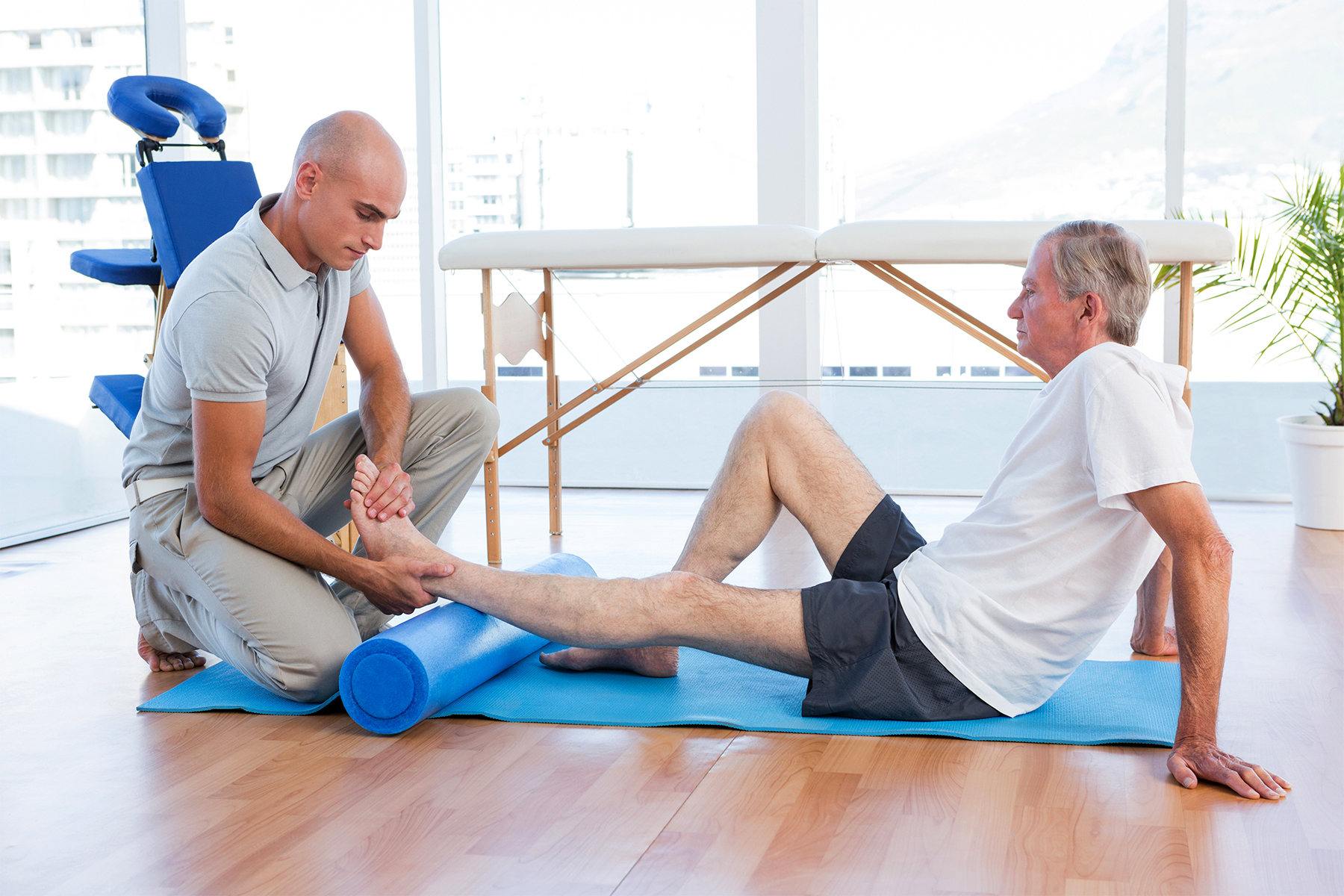
Mobility Considerations for Vein Health
Getting older also affects mobility, and decreased physical activity can have a negative impact on vein health. There are steps you can take to promote and maintain healthy circulation, such as:
- Adaptive Exercises: Tailored exercises for different mobility levels.
- Assistive Devices: Using walking aids or canes to support movement.
- Seated Exercises: Strategies for those with limited mobility.
- Bedbound Strategies: Techniques to promote circulation for bedridden seniors.
Medication Interactions with Vein Health
Taking medications becomes more common as we age, which can also impact vein health. It's important to let your vein specialist know about any medications you are taking, such as:
- Blood Thinners: Medications for blood clot prevention must be managed carefully to avoid excessive bleeding.
- Cardiovascular Medications: Monitor its effects on circulation.
- Pain Management: Choose medications that don't exacerbate vein problems or impair your ability to stay active.
- Supplement Interactions: Be aware of potential interactions with vein health.
Compression Therapy for Seniors
Compression therapy can reduce the symptoms of chronic venous disease and can be tailored for seniors' unique needs and comfort with:
- Age-Appropriate Compression: Select appropriate compression levels.
- Application Aids: Use tools to help if you have limited dexterity, hand grip strength, or the ability to bend forward to put them on.
- Alternative Compression: Choose options like wraps or pneumatic devices (mechanical leg compression devices).
- Wear Schedules: Ensure optimal compliance with comfort.
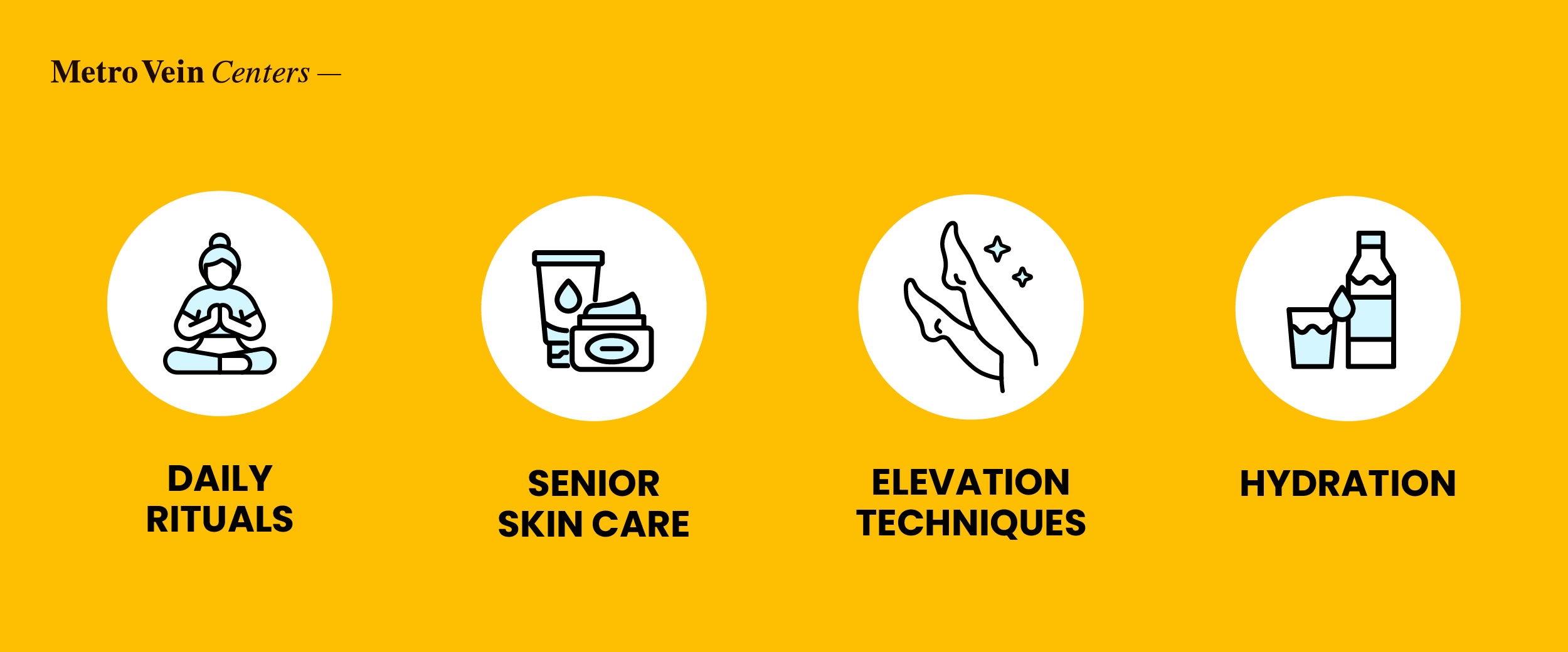
Daily Self-Care Routines
Establishing consistent daily routines can also improve vein health and comfort for seniors. Consider adding the following self-care activities to each day:
- Morning and Evening Rituals: Incorporate movement or relaxation activities (like meditation or yoga) at least twice a day.
- Senior Skin Care: Focus on gentle care for aging legs with vein issues.
- Elevation Techniques: Elevate your legs to reduce pain and swelling associated with vein conditions.
- Hydration: Make sure you are drinking enough water throughout the day.
Exercise Approaches for Senior Vein Health
Regular exercise is beneficial for vein health and can be adapted to older adults' abilities and limitations. Senior-friendly exercises include:
- Low-Impact Exercises: Walking, swimming, or cycling.
- Chair-Based Exercises: Promote circulation while seated.
- Water Therapy: Gentle cardio exercise in a pool.
- Walking Programs: Can be tailored to different ability levels.
- Assisted Exercises: Movement with the assistance of a partner, friend, caregiver, or physical therapist.

Nutrition and Dietary Support
A balanced diet can also play an important role in supporting long-term vein health for seniors. Remember to focus on the following nutrition and hydration strategies:
- Anti-Inflammatory Foods: Choose foods rich in antioxidants.
- Hydration: Make sure you stay hydrated by drinking enough water.
- Weight Management: Maintain a healthy weight to reduce strain on your veins.
- Venous Support Supplements: Discuss evidence-based supplements with a vein doctor.
Home Environment Modifications
Creating a safe home environment can improve seniors' comfort and mobility and promote healthy veins and circulation. Consider the following modifications:
- Vein-Friendly Living Space: Minimize obstacles and promote regular movement.
- Fall Prevention: Remove obstacles and create a safe area for leg elevation.
- Temperature Considerations: Avoid extreme temperatures that could affect circulation.
- Accessible Items: Arrange items for easy access.
Caregiver Guidelines for Vein Health Support
Caregivers also play a central role in supporting seniors' vein health, and they should be kept up-to-date about best practices, such as:
- Assisting with Garments: Helping with compression stockings.
- Monitoring Changes: Observing for signs of vein problems.
- Supporting Exercise: Encouraging and assisting with routine activities.
- Communication: Maintaining open communication with healthcare providers.
Medical Treatment Options
When medical intervention is necessary, treatment plans should be tailored to seniors' specific needs and health conditions. These may include:
- Age-Adjusted Procedures: Your vein doctor can recommend minimally-invasive treatments suitable for older adults.
- Modern Technology: Choose a vein care specialist with access to the newest, most advanced treatment methods.
- Conservative Management: Discuss non-surgical approaches with your vein care team.
- Recovery Considerations: Your vein specialist can recommend care that ensures maximum comfort and a smooth recovery.
Many medically approved vein treatment options take less than 30 minutes to perform, with no need to be placed under anesthesia and cause minimal discomfort during and after the procedure.
Insurance and Coverage Considerations
Understanding insurance coverage for vein treatments is another component of managing vein health for seniors. Your vein specialist can help you research your best options, including:
- Medicare Coverage: Look into vein treatments covered by Medicare.
- Supplemental Insurance: Explore additional health insurance coverage options.
- Durable Medical Equipment: Determine your coverage for compression therapy for seniors.
- Documentation: Make sure that your vein doctor provides proper documentation for venous disease treatment.
When to Seek Medical Care
A proactive approach to vein disease and care can prevent dangerous complications and support your treatment and recovery. Follow the following steps to stay on top of any symptoms or concerns:
- Emergency Warning Signs: Learn the signs that require immediate care.
- Regular Monitoring: Follow guidelines for routine vein health check-ups.
- Telemedicine: Utilize remote consultations if you have limited mobility.
- Specialist Referrals: Know when to consult a vein specialist.
Conclusion
An integrated approach to senior vein health can significantly improve your comfort and quality of life. By understanding age-related changes, adapting vein care strategies, and seeking prompt medical attention, seniors can maintain their healthy legs and active lifestyles for as long as possible.
Prioritize your vein health and comfort in your senior years. Schedule a free, personalized consultation with a vein specialist at Metro Vein Centers to discuss age-appropriate strategies and treatment options designed for your unique needs.
Frequently Asked Questions
How can seniors with arthritis in their hands manage putting on compression stockings independently?
Strategies to help put on compression stockings include using stocking donner devices or asking for caregiver assistance.
What modifications to leg vein treatment protocols are necessary for seniors over 85 years old?
Modifications to leg vein treatment protocols include prioritizing conservative treatments and using lower compression levels.
How do beta-blocker medications commonly prescribed to seniors affect venous circulation and treatment approaches?
Beta blockers and calcium-channel blockers can lower blood pressure, which can sometimes affect circulation. Your vein doctor should be aware of any medications you are currently taking.
Which seated exercises most effectively improve calf muscle pump function for wheelchair-bound seniors?
Seated exercises that improve calf muscles include ankle pumps and calf raises.
Should compression stocking strength be reduced for seniors with thin, fragile skin, and if so, by how much?
Yes, lower compression levels are advised. Consult your vein doctor for specific recommendations.
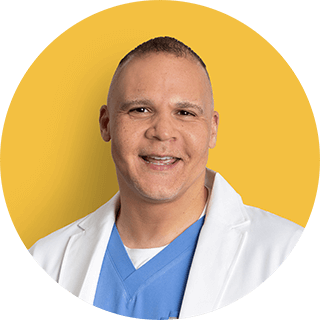
Dr. Hugh Pabarue
Meet Dr. Hugh Pabarue M.D., a board-certified vein specialist with over 15 years of experience in Metro Detroit. Schedule an appointment with him in Macomb & St. Clair Shores today.
Meet Dr. Hugh Pabarue
Trusted insight from the nationally accredited, board-certified vein doctors at Metro Vein Centers.


